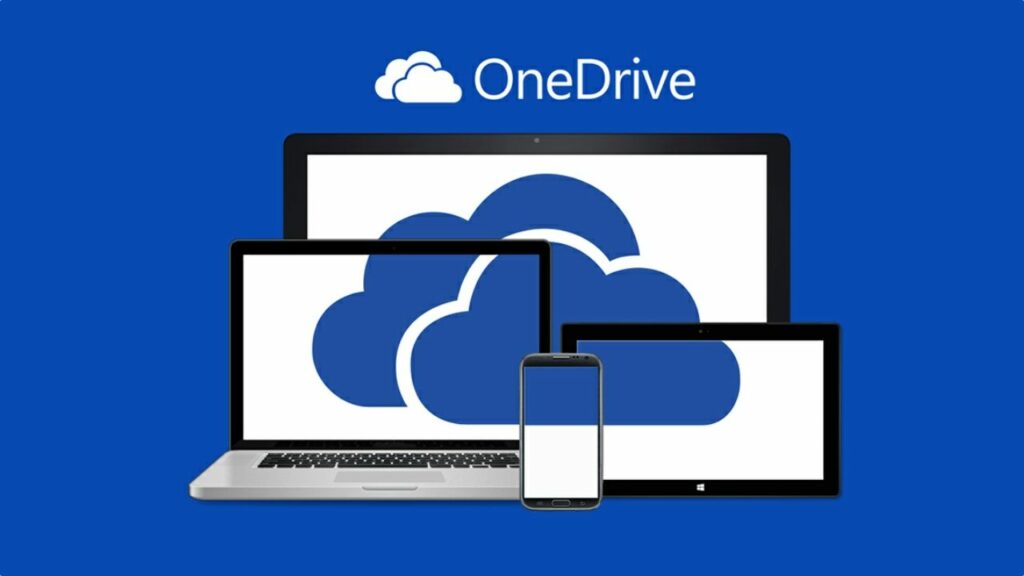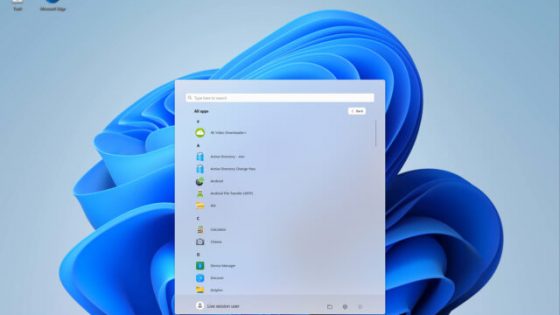Locked OneDrive: A Lesson in Trusting the Cloud

Cloud computing provides access to computing resources over the Internet, with one of the key services being cloud storage. This is a process in which data is not stored locally on a computer's hard drive, but on remote servers managed by a cloud service provider (e.g. Google Drive, Dropbox, OneDrive, iCloud, Amazon S3, etc.). Unfortunately, this type of data storage is not entirely risk-free.
A Reddit user recently described an unpleasant experience with the cloud service OneDrive. Before the migration, he uploaded all his important data, such as photos, documents, and more, to Microsoft's cloud because he doubted that the old drives would survive the migration and, moreover, they took up too much space. He planned to transfer the data to the new drives later, but that didn't happen. Microsoft locked his OneDrive account without warning and disabled access to his data, which he had stored for a long 30 years.
According to the user, he tried to resolve the issue through the customer support department, where he sent 18 queries, but received only pre-prepared answers, without any real explanation. As of today, June 24, 2025, there has been no answer. The user is determined to continue to persist and try to get back the data he has collected for over 30 years.
This shows that it is not wise to rely on the cloud as your sole source of backup. Whether it is OneDrive, Google Drive, Dropbox or Apple iCloud, sometimes physical backups are necessary. These can include SSDs, traditional hard drives (HDDs), USB sticks or NAS systems. It is important to have data stored in multiple locations.





























